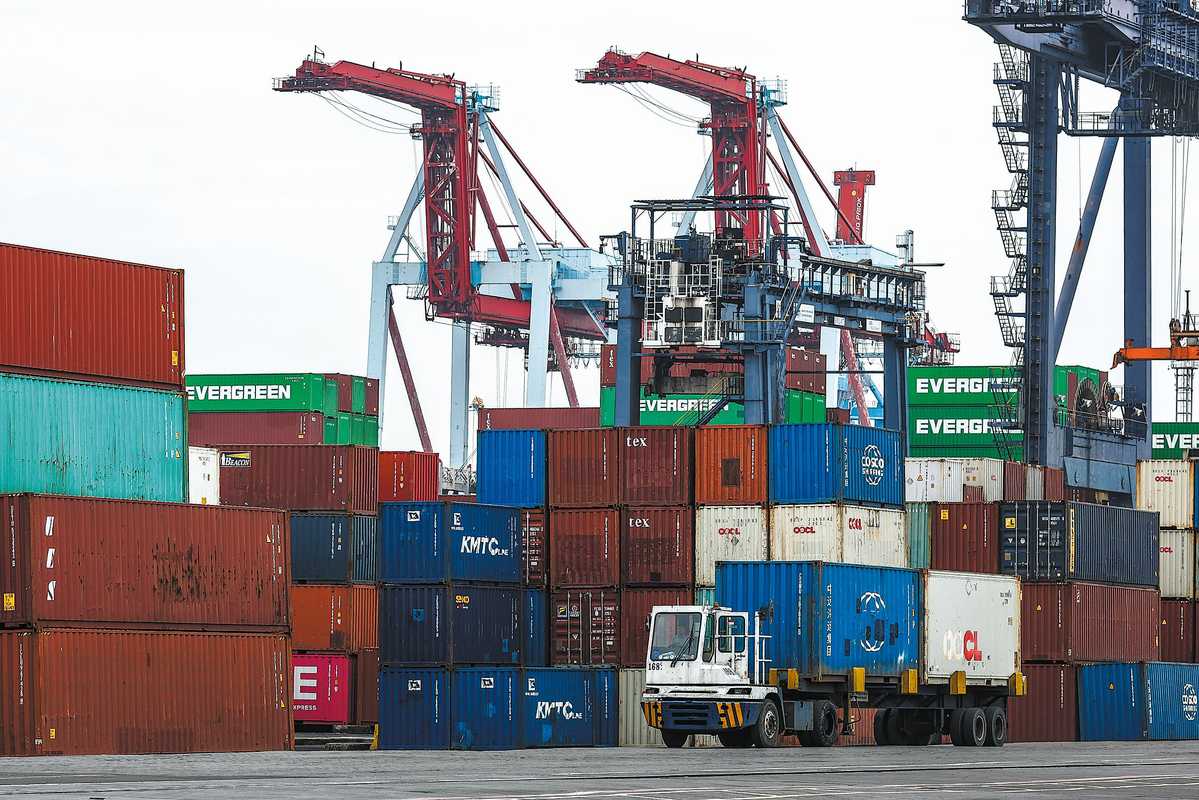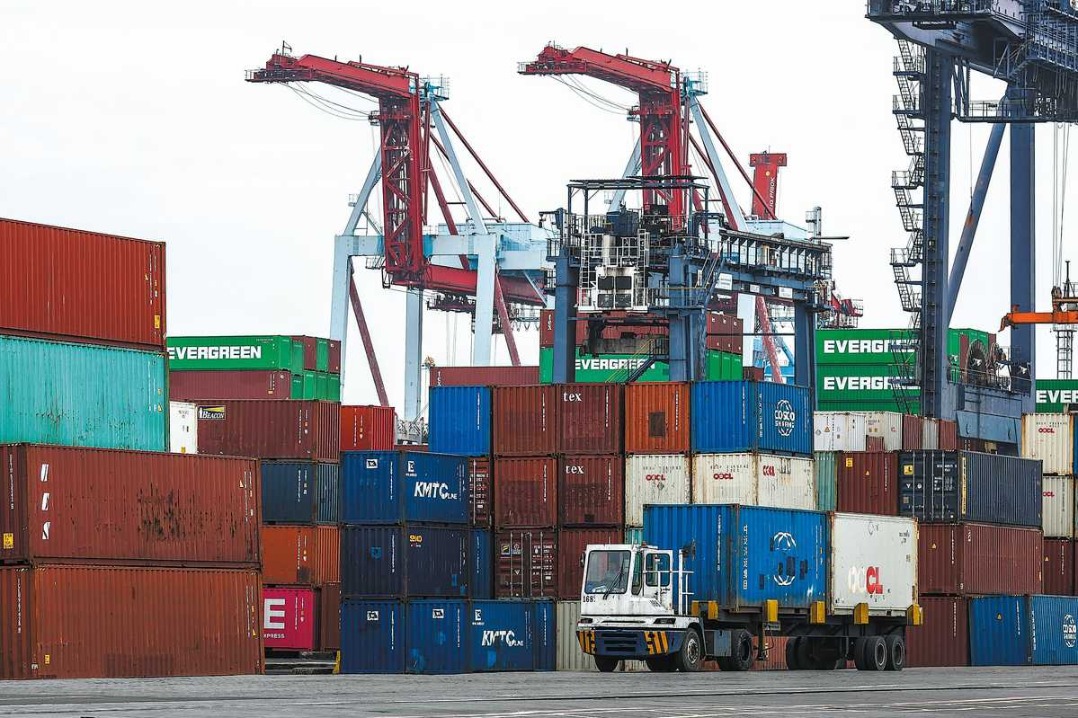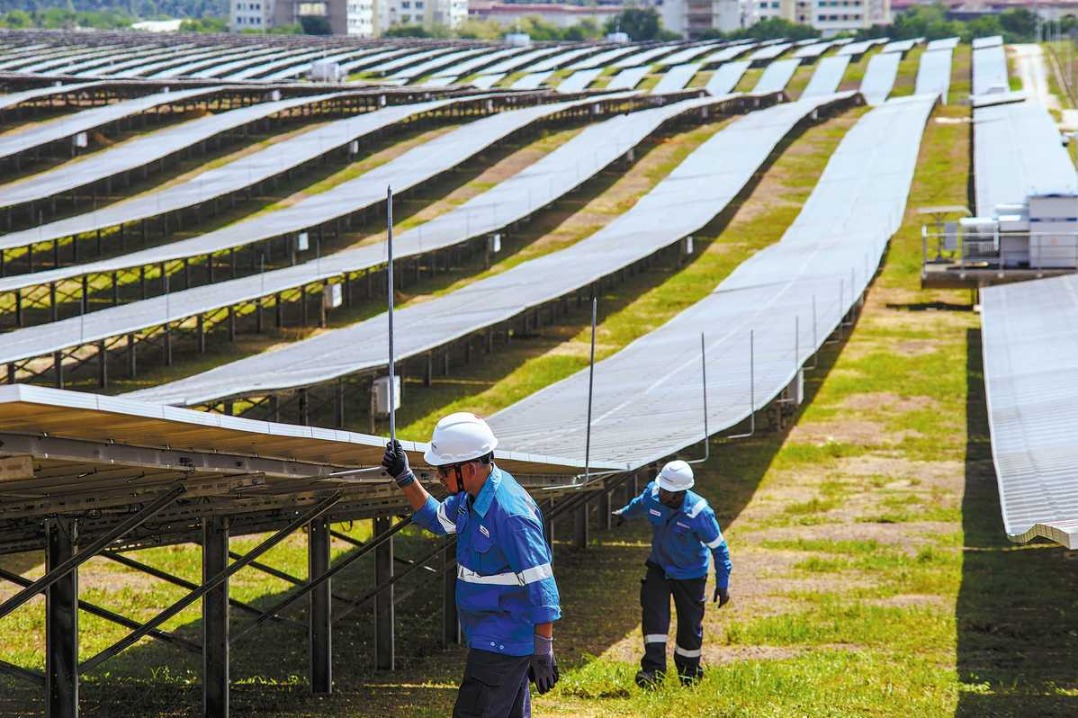Indonesia's trade surplus drops sharply in April


Indonesia's trade surplus was only $158 million in April, according to government institute Statistics Indonesia.
Pudji Ismartini, the institute official, said the April figure marked "the lowest" surplus since April 2020, when Indonesia registered a trade deficit of$350 million.
The archipelago has maintained a monthly trade surplus ever since, with April being the 60th consecutive month.
The latest result marks a steep drop from a surplus of$4.33 billion recorded in the preceding month and $3.1 billion in February.
Statistics Indonesia data suggest the narrowing surplus was attributable to a spike in imports rather than weakening exports, given that both have risen.
Exports in April increased to $20.74 billion, up 5.76 percent year-on-year from $19.61 billion a year ago. Imports, meanwhile, grew 21.84 percent year-on-year from $16.9 billion in April 2024 to $20.59 billion for the same month this year.
Looming tariffs
The April trade report had been awaited for clues about the impact of the United States' trade policy, specifically a sweeping 10 percent tariff imposed by US President Donald Trump.
The world's largest economy subsequently introduced country-specific tariffs in what it called a "reciprocal" measure, with Indonesian goods subject to a 32 percent levy.
Those tariffs were paused hours after they were imposed, but Washington has been using the threat of enforcement to try and extract concessions from trading partners to reduce its trade deficit with other countries.
The US policy appears to have affected trade with Indonesia as its surplus in bilateral trade with the US plunged to$1.31 billion in April from $1.98 billion in March.
Those bilateral trade figures exclude oil and gas products, which are mostly shipped from the US to Indonesia.
Economists have different views on why Indonesian imports jumped as much but agree that the US tariffs played a significant role in shaping April's data.
Bank Danamon economist Hosianna Evalita Situmorang wrote in a recent analysis that the sharp import rebound "suggests preemptive restocking amid rising trade risks" prompted by the US tariffs.
She noted that more headwinds for trade were anticipated as a result of international developments, namely Trump's 50 percent steel tariff, which kicked in on June 4, the end of the "reciprocal" tariffs pause scheduled for July 9 and a projected 12 percent drop in global commodity prices.
Surge in gold import
Meanwhile, Bank Permata chief economist Josua Pardede said the import surge was due to a spike in gold imports, which skyrocketed 253.6 percent year-on-year in the January-to-April period.
"This phenomenon indicates an accumulation of gold as a safe haven asset by domestic actors, be they institutional (investors) or individuals, amid the increasing global uncertainty due to the reciprocal tariffs," said Josua.
He highlighted that Indonesia's outbound shipments in April contracted by 10.77 percent when compared with March, which illustrated caution in global markets and weakening demand thanks to the escalation of protectionism.
"This situation shows that even though (growth in) Indonesia's trade volume remained positive annually, external pressures, particularly regarding reciprocal tariffs and their impacts on the global flow of goods and on commodity prices, have started to grind down the national monthly trade surplus," said the economist.
The Jakarta Post, Indonesia































